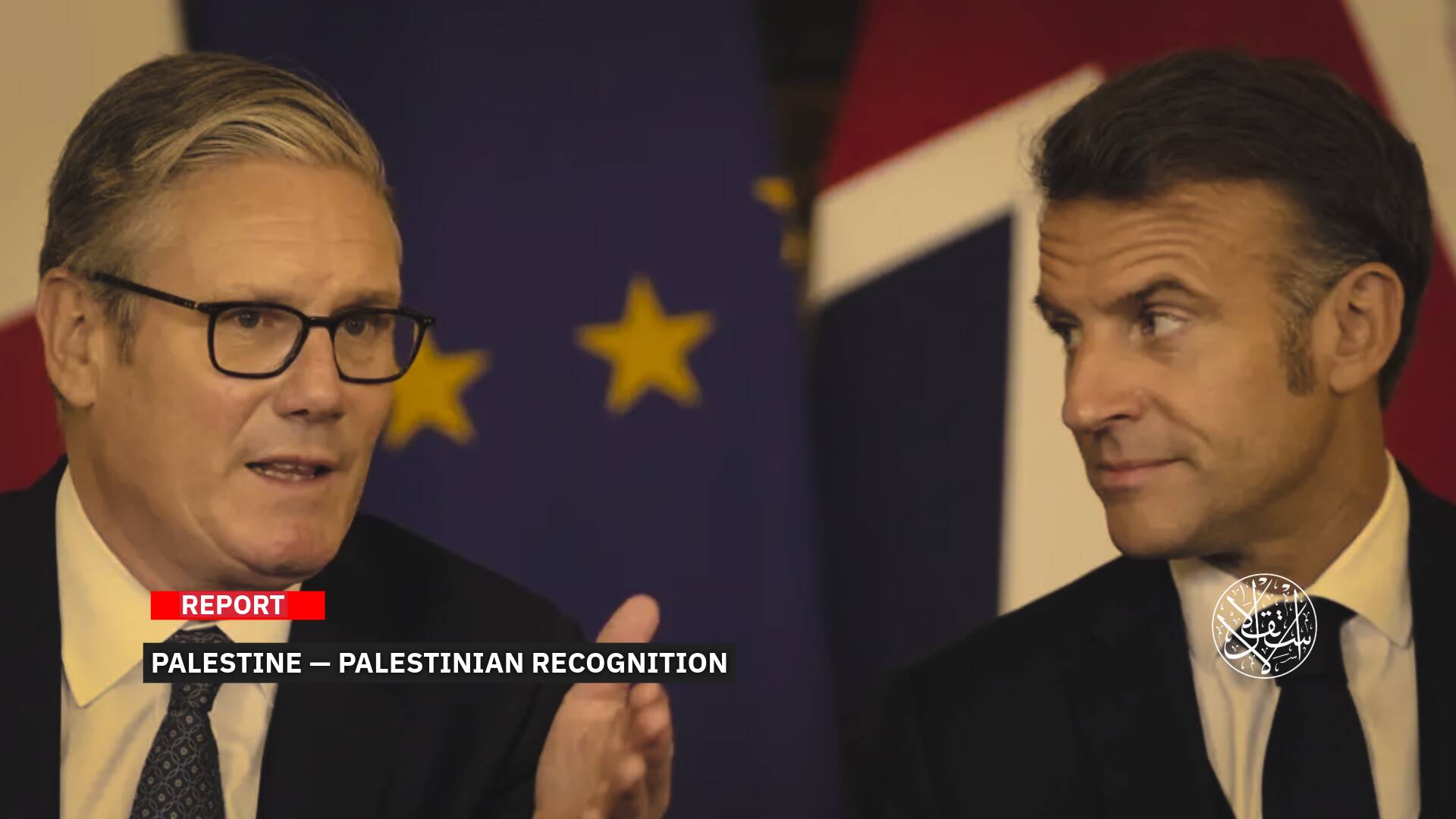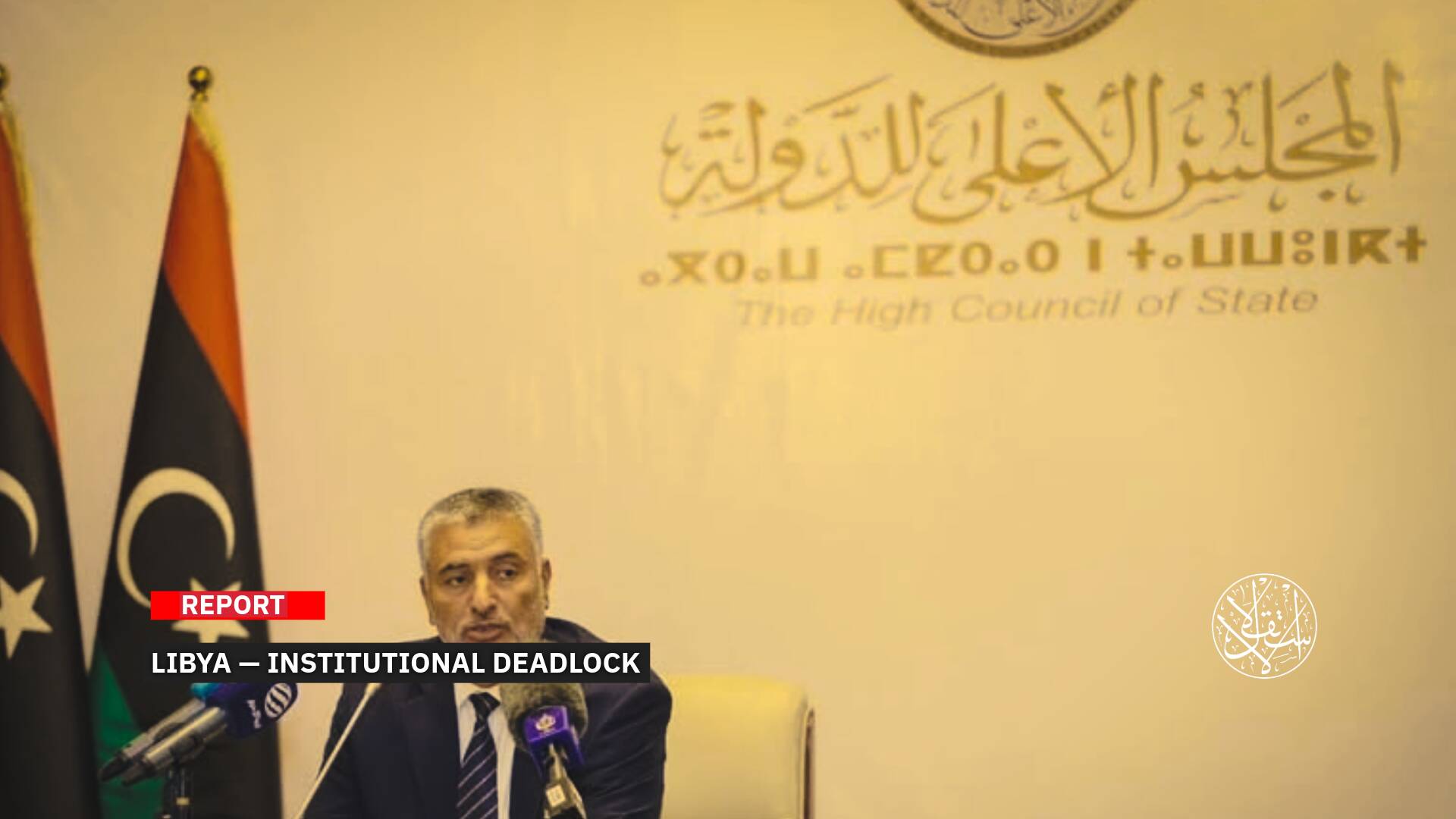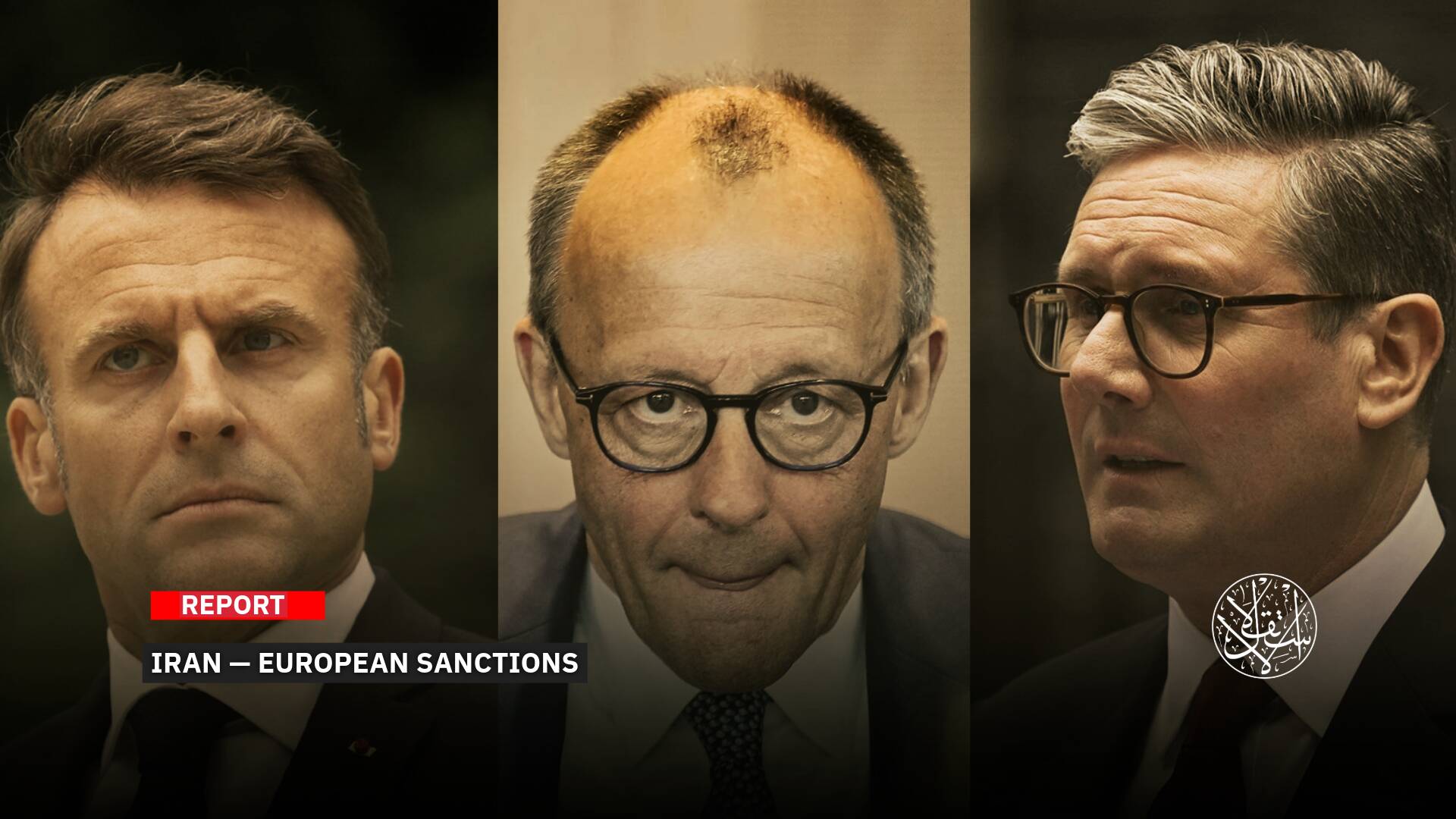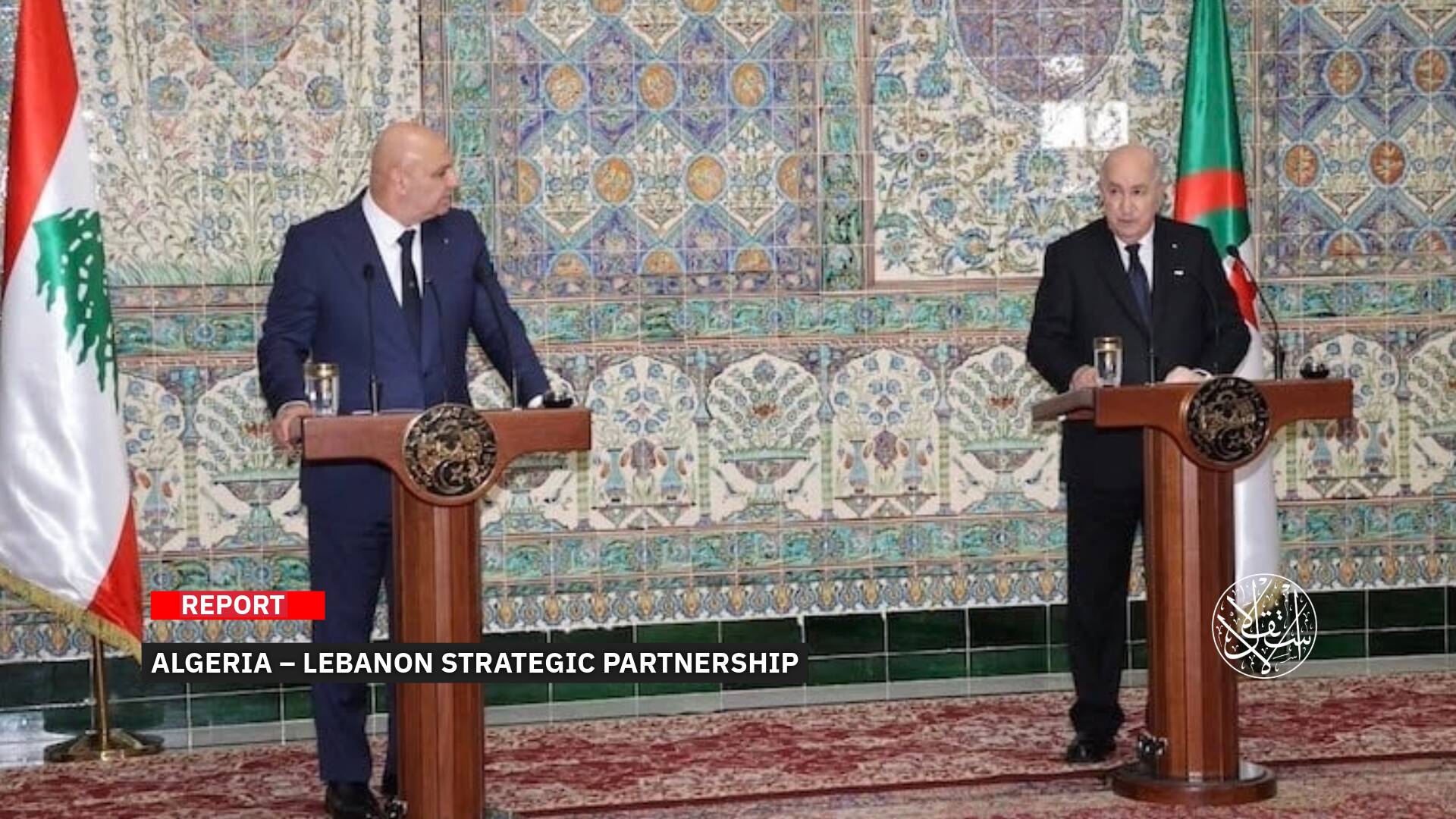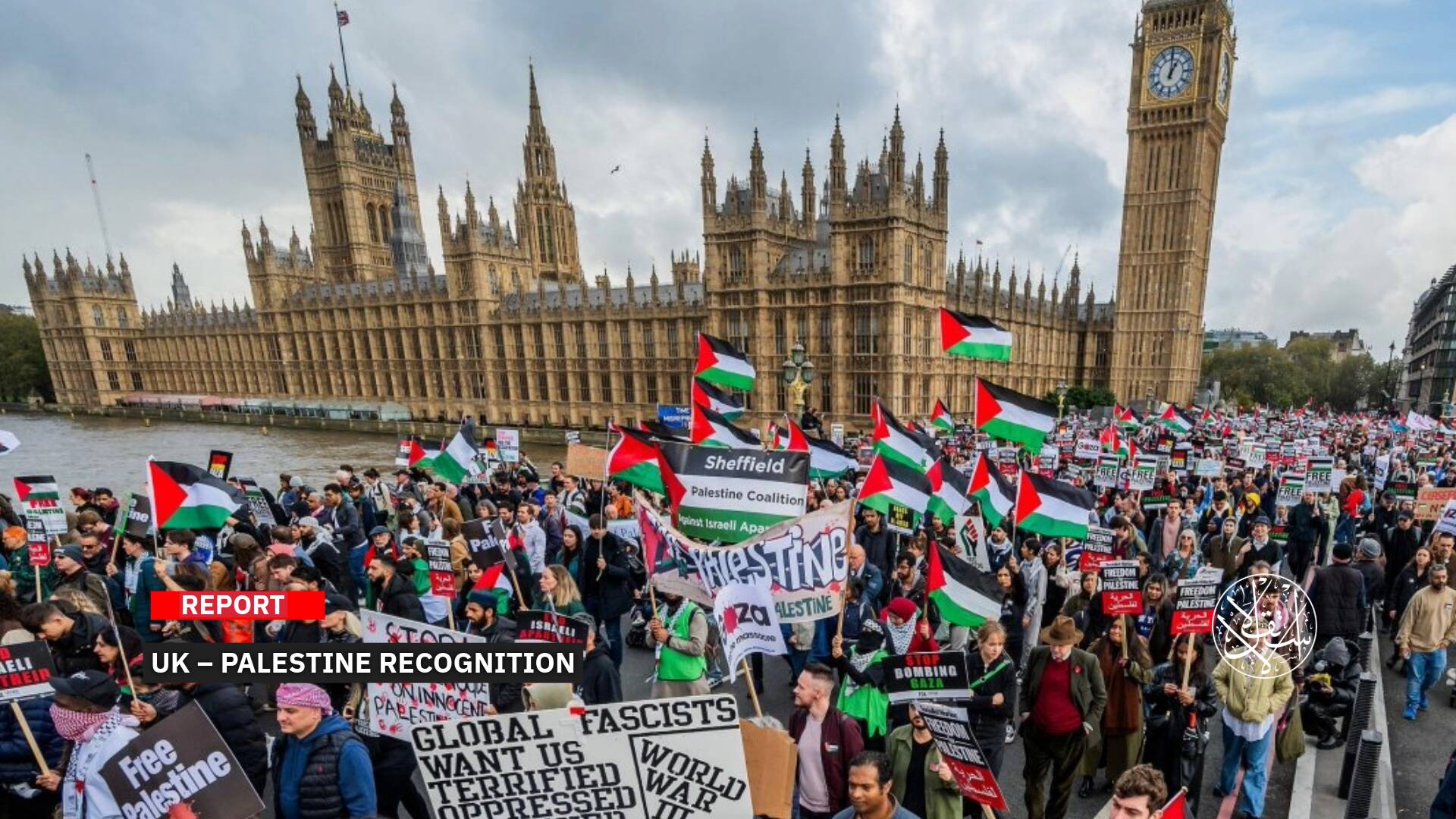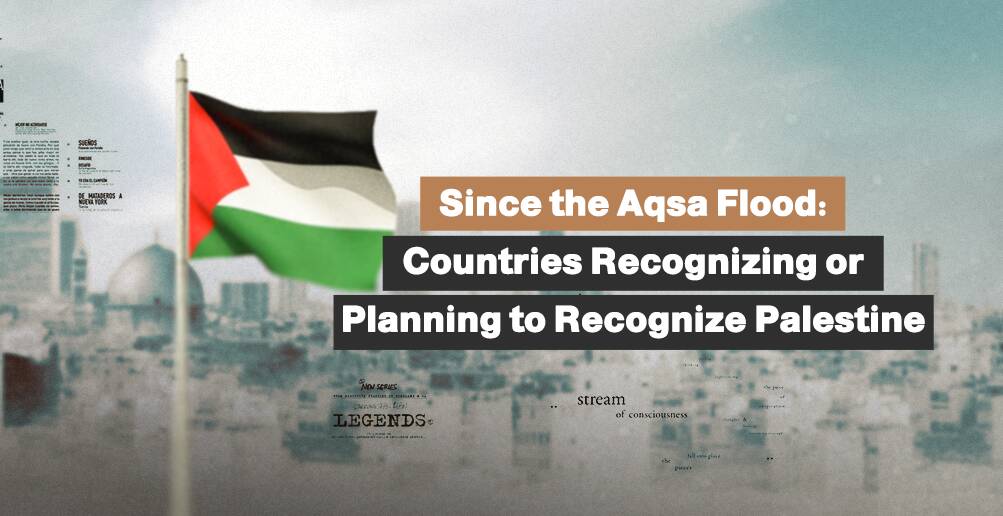The Best of Frenemies: Why Saudi Crown Prince Clashes with UAE President?

Years ago, during a visit to the UAE on December 9, 2019, Saudi Crown Prince Mohammed bin Salman was told by the then Crown Prince of Abu Dhabi, Mohammed bin Zayed, “May Allah keep us united, and our relationship grows stronger during challenging times.”
It seems that bin Zayed’s current prayers and wishes have not been answered, as news of escalating disputes between him and bin Salman have surfaced, reaching unprecedented levels between the two men, who are currently considered the most powerful leaders in the region.
سمو الشيخ محمد بن زايد : الله لا يفرقنا يا بو سلمان والعلاقات تقوى عند الشدائد.
— نشوة الرويني (@nashwaa) December 8, 2021
سمو الأمير محمد بن سلمان :وقت الشدة ما شفنا
إلا رجال وأنتم ناس قول وفعل والمصير واحد.
��������
هذا الحوار يبعث على شعور جميل بالفخر و الاعتزاز و الأمن و الأمان. #السعودي_اماراتي_والاماراتي_سعودي pic.twitter.com/ayiYqp3W8S
For a long time, they agreed on crucial geopolitical matters, with the Yemeni war, the blockade of Qatar, and supporting the military coup leader in Egypt, Abdel Fattah el-Sisi, being at the top of the list.
At some point, they were close to each other, to the extent that Mohammed bin Zayed acted as a political advisor to Mohammed bin Salman and paved the way for him in the West.
However, today is different from yesterday, as winds of conflict blew from the royal palace in Riyadh when the Saudi Crown Prince decided to pursue his ambitious plan for dominance, disregarding his close ally and former mentor, Mohammed bin Zayed.
International newspapers reported that the two men have not spoken to each other for more than 6 months, according to individuals close to them, and their private disputes have spilled into the public arena.
What caused this shift in Saudi–Emirati relations? Why did Mohammed bin Salman become angry with his Emirati ally? And what are the consequences of this conflict?
Lack of Confidence
On July 18, 2023, The Wall Street Journal published a lengthy report titled, The Best of Frenemies: Saudi Crown Prince Clashes With U.A.E. President. The report revealed details of a private and secret meeting that took place in Riyadh, where Mohammed bin Salman met with local journalists.
In this meeting, the Crown Prince directly said, “The UAE had stabbed us in the back,” as reported by the American newspaper. He also warned, “They will see what I can do.”
Bin Salman further stated that he sent a list of demands to the UAE, and if they do not comply, he is prepared to take retaliatory measures that will be worse than what he did with Qatar, referring to the 2017 embargo on Qatar that Riyadh led, along with other Gulf states such as the UAE and Bahrain, and which was only lifted in 2021.
The Wall Street Journal discussed the reasons behind the intensifying divisions, particularly regarding policies toward Yemen and OPEC restrictions.
The frustrations in the UAE reached a point where the Gulf country’s officials informed the USA that they were ready to withdraw from OPEC. American officials saw this as a sign of UAE’s anger rather than a real threat, according to the newspaper.
Gulf officials stated that the UAE President accused the Saudi Crown Prince of getting too close to Russian oil policies and pursuing risky steps, such as the diplomatic agreement with Tehran, without consulting Abu Dhabi.
Bin Salman feels that bin Zayed has led him into catastrophic conflicts that serve UAE’s interests rather than Saudi Arabia’s, especially in the Yemeni war.
Even before this, Mohammed bin Salman warned UAE’s National Security Adviser, Tahnoun bin Zayed, that the UAE should not spoil the peace talks in Yemen, led by Saudi Arabia.

Despite Prince Mohammed bin Salman’s promises to make concessions to the UAE regarding oil pricing and the Russian-Chinese rapprochement, he later instructed his advisers not to change any policies toward the UAE, stating he no longer trusts them.
The Wall Street Journal reported that American officials are concerned that the Gulf competition between the UAE and Saudi Arabia could make it challenging to form a unified security alliance to confront Iran, end the war in Yemen, and expand diplomatic relations between “Israel” and Islamic countries.
A senior official in President Joe Biden’s administration stated that the Saudi Crown Prince and the UAE President are still cooperating at some level, but neither seems comfortable with the other’s presence on the same base, and it’s not helpful for the USA to have them in conflict.
Douglas London, a retired CIA officer and now a non-resident researcher at the Middle East Institute in Washington, said that Mohammed bin Salman does not like Mohammed bin Zayed and wants to embarrass him, and with the decline of threats from Iran and terrorist groups, tensions between them are likely to escalate.
Regarding the oil dispute, American researcher Kristian Coates Ulrichsen, a fellow for Middle East Affairs at the Baker Institute for Public Policy at Rice University, referred to the crisis. He tweeted on July 18, 2023, stating that “MBS said he had sent the UAE a list of demands […] If the smaller Gulf nation didn’t fall in line, MBS warned, Saudi Arabia was prepared to take punitive steps, much like it did against Qatar in 2017.”
MBS 'said he had sent the U.A.E. a list of demands (...) If the smaller Gulf nation didn’t fall in line, MBS warned, Saudi Arabia was prepared to take punitive steps, much like it did against Qatar in 2017'
— Kristian Ulrichsen (@Dr_Ulrichsen) July 18, 2023
“It will be worse than what I did with Qatar" https://t.co/DH9MDPx0fk
On July 4, 2021, tensions between Saudi Arabia and the UAE became public, triggered by oil exports.
Saudi Arabia’s Energy Minister, Abdulaziz bin Salman, called on the UAE to show a little reasonableness and concessions to reach an agreement on increasing oil production within the OPEC+ alliance.
These remarks came after the UAE objected to linking the production increase to extending the OPEC+ agreement, which it deemed “unfair.”
The Saudi Energy Minister pointed out the UAE’s rejection, stating that all members of the alliance accepted the Saudi-Russian initiative except for “one country.”
He emphasized that showing some reasonableness and concessions would contribute to reaching an agreement on increasing production after previous efforts failed.
He asserted that Saudi Arabia, as a balanced and inclusive nation leading OPEC+, has the interests of all in mind, and without its leadership, the oil market would not have improved.
The Saudi Minister questioned the previous silence of countries with reservations about the agreement.

In response, on July 4, 2021, the UAE’s Minister of Energy and Infrastructure, Suhail al-Mazroui, stated in a press conference that the UAE’s demand is simply for justice in the new agreement post-April 2020. He emphasized that it is the UAE’s sovereign right to seek equal treatment with other countries.
The UAE’s anger toward Riyadh’s oil policy, as reported by The Wall Street Journal in its earlier report and evident in the disputes of 2021, reflects a longstanding and evolving crisis between the two countries.
On March 3, 2023, Bloomberg reported discussions within the UAE government regarding the possibility of leaving the Organization of the Petroleum Exporting Countries (OPEC).
Bloomberg noted that the UAE’s exit from OPEC could have political ramifications not only with Saudi Arabia, one of the UAE’s major trading partners, but also with other Abu Dhabi allies like Kuwait and Iraq.
The UAE has been considering its best long-term alliances to maximize its crude oil production capabilities for years, according to the report.
The UAE seeks to fully capitalize on its increased production capacity in crude oil, even if it comes at the expense of its ally, Saudi Arabia, as per the American agency’s analysis.
Economic Fight
The Saudi–Emirati rivalry extends beyond oil and energy issues to encompass broader economic competition.
In an Arabic research paper published on September 23, 2022, titled Saudi–Emirati Rivalry: Economic Competition and Strategic Confrontations, Al-Estiklal newspaper mentioned that “Riyadh and Abu Dhabi seem to be heading toward fierce economic competition, with the latter responding to Saudi measures that threaten the UAE’s leading position in services and tourism.
“Both countries are moving toward a post-oil era. While Abu Dhabi aims to enhance its future economic and strategic capabilities, Saudi Arabia is now moving along the same path that the UAE has paved for itself over the past three decades, particularly in attracting companies, non-religious tourism, and even in the field of clean energy production for export.”
The report highlighted that competition between the two states intensifies, with experts estimating that Saudi Arabia’s efforts in this context specifically threaten the UAE, extending beyond encroaching on opportunities within several Arab countries.
One of the key points of contention is Saudi Arabia’s desire to compete with the UAE in attracting companies operating in the regional market.

In February 2021, Saudi Arabia made a decision that would take effect in 2024, limiting government institutions from dealing with global companies that have no branches in the kingdom.
This decision applies only to major institutions with contracts with the government. It comes in line with Vision 2030, spearheaded by Saudi Crown Prince Mohammed bin Salman, aimed at attracting foreign investments.
In this competitive context, Saudi Arabia is also gearing up to launch a new airline to compete with Emirates and Qatar Airways.
The new airline is targeting new international routes to compete with major Gulf carriers, offering competitive transit flights.
On June 20, 2023, Saudi Investment Minister Khalid al-Falih revealed plans to launch several airlines in the kingdom in the near future, expecting to announce it soon.
He stated that Riyadh Airlines will contribute to supporting the kingdom’s strategies, notably tourism and linking Riyadh to global capitals.
Riyadh Airlines aims to connect the capital to 100 cities worldwide, with Saudi Arabia targeting 100 million tourists, including 70 million international long-haul tourists.
This development poses a direct threat to Dubai’s future, which has been established as a major tourism and global transit hub in the Gulf and the Middle East over the years.
Foreign Policy
In the realm of foreign diplomacy, a notable contrast emerged between Mohammed bin Zayed and Mohammed bin Salman. The latter undertook a sequence of diplomatic actions that effectively brought an end to his political isolation following the 2018 incident involving the killing of journalist Jamal Khashoggi.
He sought China’s assistance to restore Saudi Arabia’s relations with Iran and orchestrated Syria’s return to the Arab League.
This was a process that the UAE had already initiated years before, as it worked to bring Syria back into the Arab League after its expulsion in 2011 due to the brutal crackdown by Bashar al-Assad’s regime on Syrian civilians protesting for change.
According to numerous reports, Saudi Crown Prince Mohammed bin Salman held talks with the United States about formally recognizing “Israel,” a move that the UAE had already undertaken in 2020.
Mohammed bin Salman is also leading diplomatic efforts to suppress violence in Sudan, where the UAE supports a rival faction led by Mohamed Hamdan Dagalo (Hemedti).
However, there was controversy surrounding Saudi Arabia’s absence from the Abu Dhabi Summit attended by the UAE, Qatar, Bahrain, Jordan, Egypt, and Saudi Arabia.
The Arab Mini Summit on January 18, 2023, called on the international community to protect the Palestinian people and cooperate to revive serious and effective negotiations for a two-state solution.
The Saudi Crown Prince’s absence from the crisis between the two countries was seen by Palestinian writer Abdel Bari Atwan as a reflection of tensions in their relations.
Atwan explained in a video on YouTube on January 20, 2023, that the “tension was caused by Mohammed bin Salman’s position on the absence of UAE President Mohammed bin Zayed from the three summits that Saudi Arabia invited them to when Chinese President Xi Jinping visited them at the end of 2022.”
This indicates that Mohammed bin Salman wanted to respond in kind to his Emirati counterpart, who had been absent from other summits held in his honor. It seems that tensions are escalating between them, partially because Mohammed bin Salman wants to break free from the shadow of Mohammed bin Zayed.
Dina Esfandiary, a senior advisor at the International Crisis Group’s Middle East and North Africa program, commented on this, saying that tensions are escalating between them, partly because Mohammed bin Salman wants to step out of the shadow of Mohammed bin Zayed.
In conclusion, they have become more assertive and determined in their foreign policies, moving away from each other.


